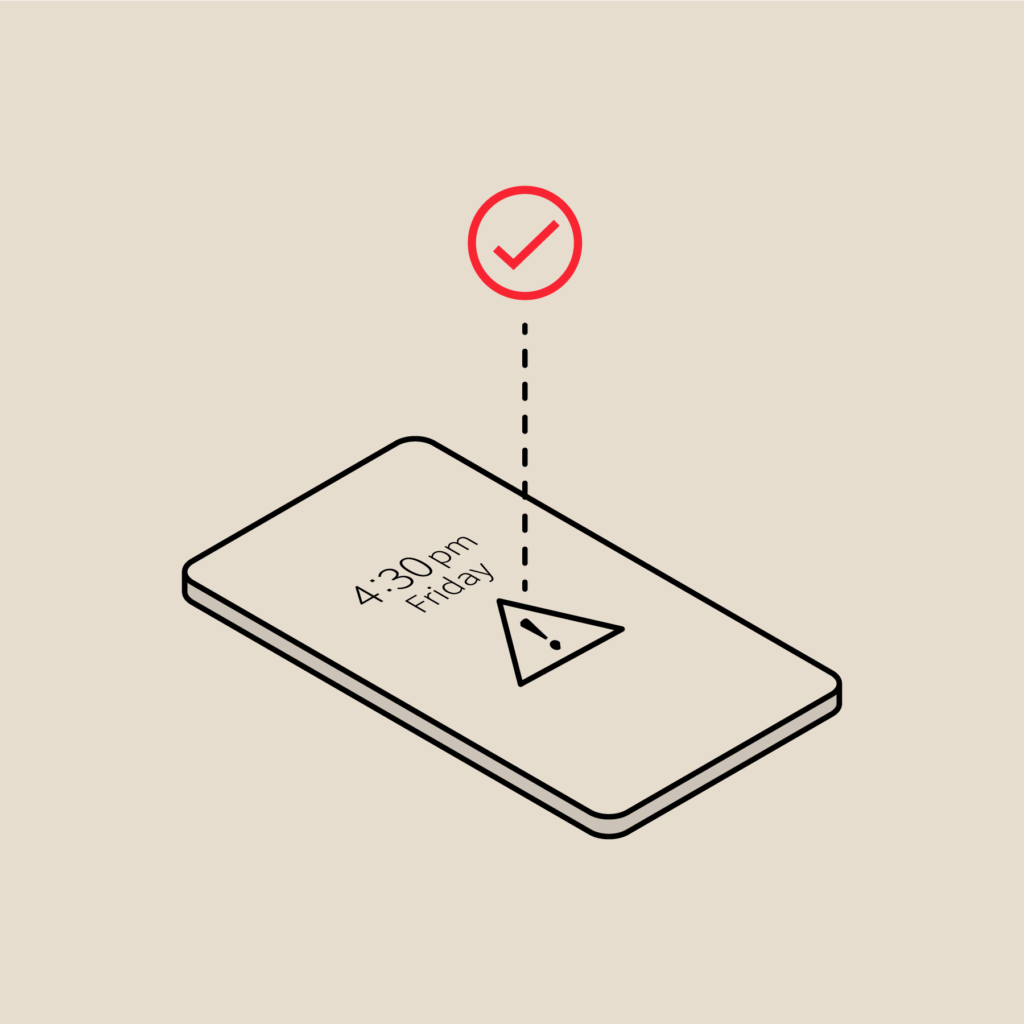How Our Customers Scale On-Call with PagerDuty
by Tony Albanese
April 7, 2014
| 3 min read
“With PagerDuty we have be able to consolidate our alert stream”
– Chris Peters, Operations Lead at Expensify
 |
|
| Three years ago Brightcove took their first steps to transition to a DevOps organization model by getting each of their developers on-call to create a sense of ownership over the design, production and support phases of their code. At first, they used a rotational Blackberry synced to their monitoring tools, but this process was cumbersome, error-prone and limited participation. To fully transition towards a DevOps model, they needed the technology to accompany their cultural shift. Brightcove adopted PagerDuty to bring order to their on-call scheduling chaos. | |
 |
|
| When a new developer joins Sumo Logic, it’s important to get them acclimated to their IT environment as quickly as possible. Not all developers hired at Sumo Logic have come from a DevOps environment, nor has every developer been on-call before. Sumo Logic uses PagerDuty to quickly on-board their new hires to get them up to speed and resolving incidents quickly. | |
 |
|
| To avoid burnout, MLS Digital turned to PagerDuty to manage their on-call schedules. They have set up rotating on-call schedules so everyone doesn’t have to be on-call all the time. They can hang out with friends and family without bringing their laptop along and have a stronger team spirit knowing the on-call responsibility is fairly shared, which has been imperative as they scale their business. | |
 |
|
| PagerDuty was initially adopted within the infrastructure team and has expanded to support, developers and help desk teams. PagerDuty has seamlessly integrated into Ping Identity’s culture and has made it easy for cross-functional teams to collaborate on incidents. Easier collaboration combined with more effective alerting has decreased incident repair time by 100%. | |
 |
|
| Simple requires that employees across the company, regardless of team or role, use the same tools. The Simple team is in constant communication over IRC. Non-engineers regularly use tools traditionally considered tech team staples. For example, their PR team uses PagerDuty alerts to keep an eye on outages or issues so that they can respond to media and customers as other teams are working on solutions. | |

